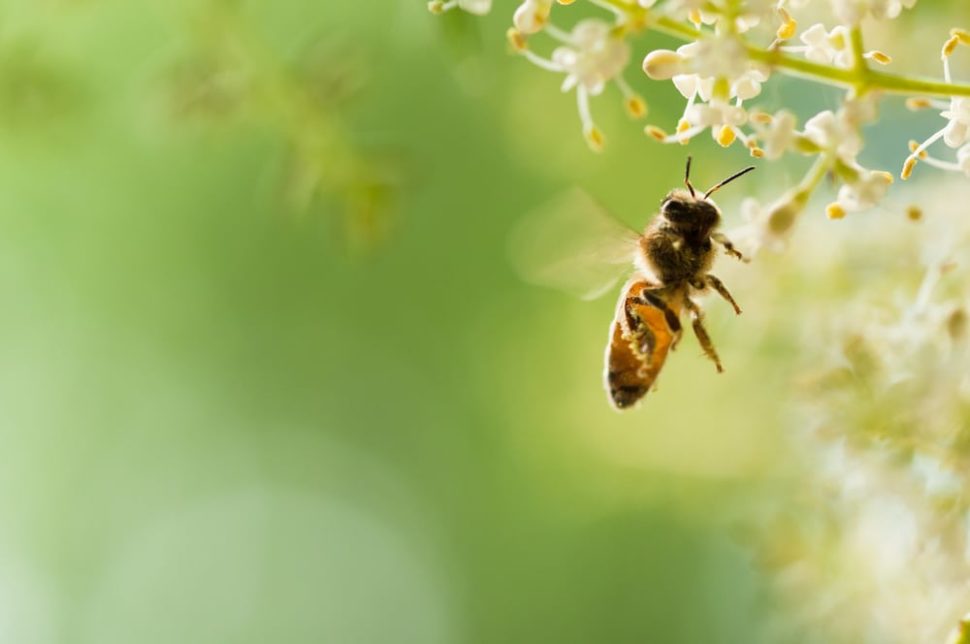Humble Bee, a biotech company in New Zealand, has announced its aims to produce a naturally-sourced form of plastic alternative.
Plastic waste in our planet’s oceans and rivers is one of the most challenging and dangerous problems that the modern world faces.
Many nations and companies are already introducing plastic waste bans or reducing plastic use in an effort to stem the tide, but something more is needed if the plastic waste problem is to be truly solved.
Now, a New Zealand based company believes the solution lies with everyone’s favorite insect: bees.
“Cellophane Like” Plastic Material From Bees
The biotech company, lead by founder Veronica Harwood-Stevenson, began their research into the properties of this natural material after reading a throwaway line in a research paper about the material which the bees produced.
Upon further research, the company found the material to be far more robust and flexible than expected.
Humble Bee and its founders knew that relying on nature’s solutions to problems is often the best method of finding ones for our own society. In an interview, Harwood-Stevenson said on the topic that:
“It’s about biomimicry, about copying what’s in the natural environment, and we’ve been doing it in design for centuries, from plane wing design inspired by birds of prey to train shapes reflecting bird beaks.”
With a solid understanding of the potential of this material, Humble Bee will now begin research into creating outdoor camping equipment, which often uses toxic chemicals to remain waterproof and long-lasting.
If successful, this would show both the company and others interested in the material that this natural product could be the alternative that could help stop our reliance on plastic for a large majority of our products.
At a minimum, the company has said that this material could be used for a wide range of purposes from aviation, electrics, and construction products to the coatings on medication to stop it from melting in the stomach.
Humble Bee hopes to begin selling these natural products within the next five years.



















Comments (0)
Most Recent